Jock itch, also tagged as tinea cruris in medical terms, emerges when a fungus attacks the skin around spots such as the genital region, inner thighs, and buttocks. It is named so because it's customary among athletes who sweat a lot; however, anyone can get this infection. Miscellaneous variations of fungi cause the dilemma, often the same that causes athlete's foot and ringworm.
Symptoms of jock itch include redness and itching in the groin sectors, a rash that may be red, scaly, or have raised borders, and a burning sensation. In intense scenarios, blisters or ulcers may develop.
Customarily, you can use over-the-counter antifungal creams or sprays to treat jock itch. To prevent its expansion, it is easier to clean and dry the zone, wear loose clothes, and dodge sharing towels or clothes with others. At times, if the infection is quite irksome or recurs frequently, you may require more powerful antifungal medication prescribed by a specialist. Should the matter persist or deteriorate despite treatment attempts, it is vital to consult with a medical team for additional support and guidance.
Jock itch emerges when a fungus makes the groin area very itchy, and it is more common than someone would believe. It can happen to anybody but conventionally appears in teenage boys or men who are not so young anymore. Research proves that males have a thrice higher likelihood of getting jock itch compared to females, and it seldom happens in kids.
The difference comes from the way organisms are built. As a rule, the skin of men around their groin and intimate places is warmer and has more moisture, which makes it an ideal habitat for fungus to grow![]() . Tight-fitting clothing, frequent sweating, and even certain climates can increase the possibility.
. Tight-fitting clothing, frequent sweating, and even certain climates can increase the possibility.
Though jock itch can be unwelcome, it is conventionally not a severe condition. If entities maintain commendable hygiene, use antifungal ointments, and adjust their everyday habits, they heal swiftly. When you feel itching and see a rash around the groin zone, it is expected to go to the doctor; experienced medical team members know the phenomena and can tell you the proper treatment.

Jock Itch, as a rule, does not threaten existence, but it can cause a lot of uneasiness and disruptions for entities that have it. The matter starts when too much fungus grows in the warm, wet places near the groin sector![]() , causing a very scratchy red rash. Even though Jock Itch does not lead to death, it can considerably affect an organism's life quality by invading everyday jobs and causing discomfort.
, causing a very scratchy red rash. Even though Jock Itch does not lead to death, it can considerably affect an organism's life quality by invading everyday jobs and causing discomfort.
If you do not treat Jock Itch, it may get worse and cause other problems like bacterial infections or the fungus moving to miscellaneous zones of the body. If someone keeps scratching the area where they have this itch, it can harm their skin and make them more likely to get infections.
What's more, the social discomfort linked to fungal infections such as Jock Itch can cause a patient to feel ashamed and hesitant in asking for medical assistance. It may result in them postponing the search for proper treatment, worsening the infection.
Even though Jock Itch is not a condition that threatens life, it's expected to identify and treat it soon so the person can feel more comfortable, avoid additional problems, and better their general existence.
Jock Itch is spreading because a fungus causes it. This problem comes from a particular dermatophyte called Trichophyton rubrum, and it can be transferred between entities through touching skin or by using things like towels![]() , clothes, or sports gear that have not been cleaned well.
, clothes, or sports gear that have not been cleaned well.
Secondly, hot and moist places, like the changing rooms in exercise clubs or pools where many people meet, create good features for fungi to grow and make them more likely to spread.
Entities with fungus infections may pass the infection to others by mistake when they are near each other, causing the infection to continue spreading in a cluster of people. Also, if someone's immune system is not optimal or they already have skin problems, these issues could make them more likely to get Jock Itch after being exposed to what causes the infection.
To reduce the chance of expanding, it is decisive to maintain good cleaning habits, such as washing often, ensuring that the area around your private sector is arid, and not using towels or clothes from people with sickness. Lastly, taking care of infections quickly as soon as they happen helps prevent them from reaching other people.
Jock Itch comes from a fungus source, conventionally by the dermatophyte type called Trichophyton rubrum![]() . This fungus likes warm and wet places, so it grows well in the groin zone. The space near your thigh joints may get warm and moist from sweating, wearing clothes that are too tight, or not having enough airflow; this makes it a good trait for fungus to grow.
. This fungus likes warm and wet places, so it grows well in the groin zone. The space near your thigh joints may get warm and moist from sweating, wearing clothes that are too tight, or not having enough airflow; this makes it a good trait for fungus to grow.
On top of that, doing sports or workouts that cause more sweat and rubbing in the groin part can make it easier to get Jock Itch. Also, if someone has a frail immune system, too much body weight, or other skin problems before, they may be more likely to catch fungal infections like Jock Itch.
In addition, Jock Itch can spread by touching the skin of someone who has it or if you feel things like towels, clothes, or sports gear that have the fungus on them. Places that are warm and wet where many people go, like gym changing rooms or swimming pools, make it easier for this infection to be passed around.

Jock Itch may result in the following outcomes:
If someone doesn't take care of Jock Itch or if it becomes more severe, another issue, such as a bacterial infection, could occur. Excessive scratching in the itching area can lead to minor cuts on the skin that allow bacteria to enter, potentially resulting in increased redness and swelling of the affected region, a warm sensation upon touching, and occasionally discharge of pus.
Additionally, if Jock Itch occurs frequently or continues for an extended period, it could damage the skin and modify its coloration. This might result in scarring or change the normal pigment of the skin. When there are difficult circumstances, the infected skin might become thicker or change into a state known as lichenification, which causes it to have a texture similar to leather.
Individuals with less strong immune systems, like persons living with HIV/AIDS or diabetes, could experience a greater risk of more severe and prolonged Jock Itch. In these situations, the fungus may spread to other body areas and become more difficult to treat.
Furthermore, the emotions connected to Jock Itch are significant. The constant itching, discomfort, and embarrassment that come with this condition can alter a person's satisfaction with life and negatively impact their psychological well-being.
Doctors begin by thoroughly examining the body to recognize Jock Itch, focusing carefully on the troublesome groin area, and they carry out laboratory tests as well. Common signs of Jock Itch include an itchy red rash with distinct borders, along with possible skin peeling or scaling.
Doctors often scrape a small skin sample to understand the problem. They examine this piece under a microscope to check for fungal components such as hyphae or spores. In the laboratory, we can precisely cultivate fungus to determine which variety is responsible for illness.
Additionally, to distinguish Jock Itch from similar skin conditions such as intertrigo or psoriasis, an alternative diagnostic approach may be required. Physicians might consider the patient's medical history, present risk factors, and previous treatment responses to identify the ailment accurately.
To manage Jock Itch, doctors often suggest using various methods to lessen discomfort, kill the fungus causing it and stop it from coming back. They usually advise putting antifungal ointments![]() like clotrimazole or miconazole on the skin where the infection is; these ointments work well to prevent fungi from growing and spreading. You must put these medicines on the problem skin one or twice daily and keep doing this for many weeks. How long your treatment depends on how nasty your infection is.
like clotrimazole or miconazole on the skin where the infection is; these ointments work well to prevent fungi from growing and spreading. You must put these medicines on the problem skin one or twice daily and keep doing this for many weeks. How long your treatment depends on how nasty your infection is.
Besides creams for treating fungus, doctors often suggest buying antifungal powders or sprays from the pharmacy that assist in keeping the skin moist because wetness helps fungi to grow. It is vital to wash regularly and dry well the groin area when dealing with Jock Itch so it does not come back.
If Jock Itch gets worse or keeps going, doctors might give pills to treat the fungus inside. Sometimes, this is needed when the infection has grown a lot or creams for the skin do not work.
Additionally, it is necessary to stay away from things that can make Jock Itch worse, like tight clothes or too much exercise that causes a lot of sweat. Keeping good cleanliness and making sure the groin stays dry and clean helps stop Jock Itch from coming back and helps with healing.
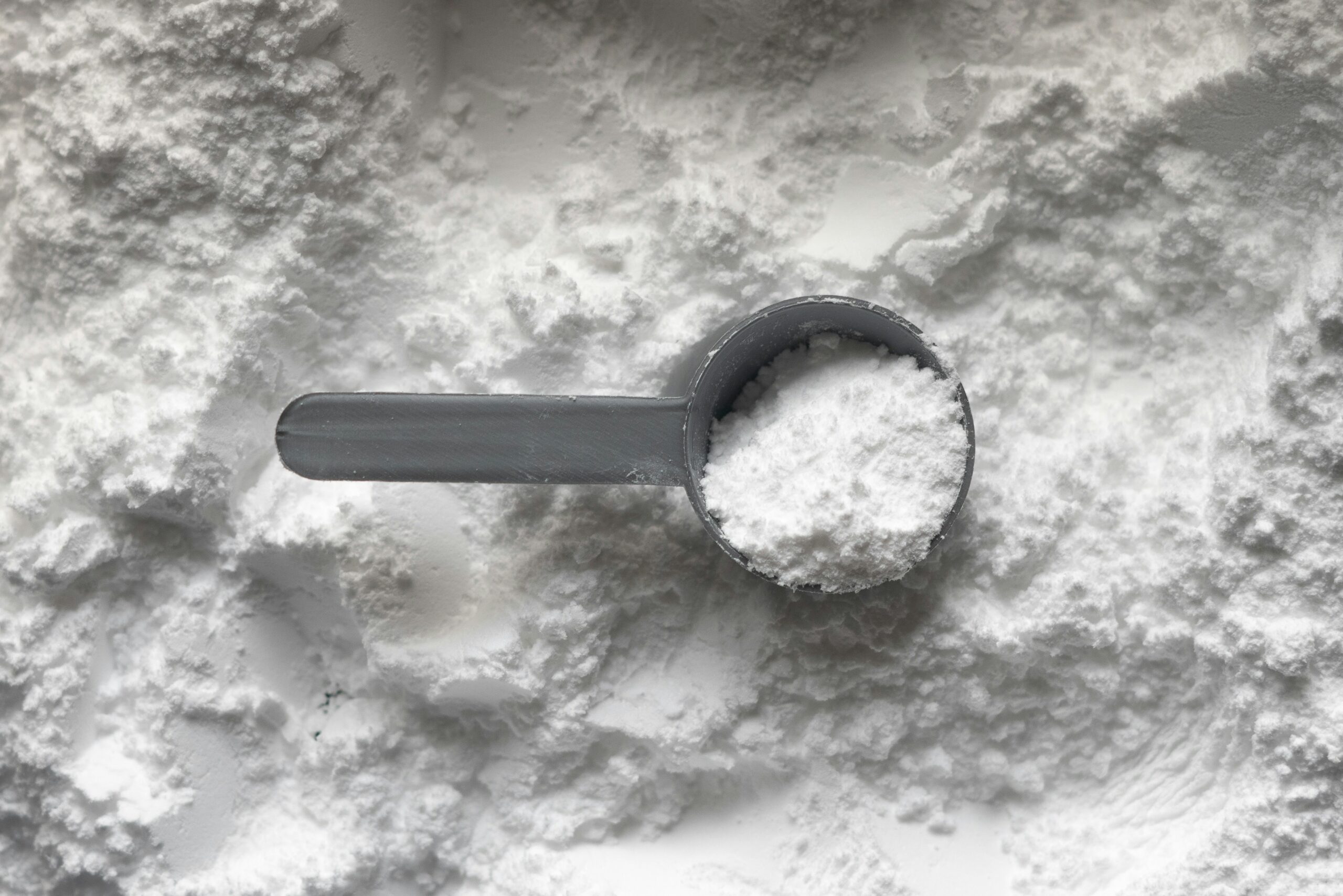
When you begin treatment quickly and do what the doctor says, Jock Itch often gets better. Using the correct antifungal creams or taking medicine can usually kill the fungus; it helps to stop symptoms and makes the skin healthy again. The duration of the treatment and the speed at which symptoms improve may vary depending on the severity of the infection, the response of an individual's immune system, and their adherence to good hygiene practices.
When Jock Itch is easy to cure, it usually improves. However, if this infection returns many times or remains for an extended period, we may have to investigate additional underlying causes or issues. Additionally, individuals with compromised immune systems or existing skin conditions might require an extended period to recover and should be monitored closely to prevent the recurrence of illness.
Jock Itch usually does not require urgent medical care, but sometimes you should quickly see a doctor. If there is a lot of redness on the skin, sores filled with liquid, or pus from Jock Itch, it might be because of an additional bacterial infection, and doctors must treat this to stop other health issues.
People who have health problems like diabetes or weak immune systems should talk to a doctor if they get Jock Itch because it can be worse or keep coming back. Also, if the medicine from the pharmacy doesn't help with Jock Itch's symptoms, or if the problem stays even after using medicine given by a doctor, it's essential to see a doctor for more checks and maybe change how it is being treated.
Furthermore, if people have symptoms that affect their whole body, like increased temperature, feeling cold and shaking, or generally feeling unwell along with Jock Itch, this could mean there is a more significant health issue that needs a doctor's check-up.
To halt Jock Itch, you should keep clean and stay away from places that let fungi grow. Washing the groin with gentle soap and water is expected to help remove sweat, oils, and dirt so there is not too much moisture. It makes it more challenging for fungus to spread.
Keeping the groin dry after washing or doing sports is valid because fungi can develop quickly if wet. You must use a towel for drying and then allow air to circulate the sector until it's completely free of moisture; this helps in dodging the beginning of Jock Itch.
If you select clothes that fit loosely and are made from cotton, the air moves more effortlessly around your skin, stopping too much fabric rubbing. It makes it less possible for your skin to get breached and lowers the chance of getting Jock Itch. When you wear clothes that are tight or made from artificial materials, they can keep sweat and warmth close to your skin. That, in turn, makes a good place for fungus to grow more than usual.
Resigning from the use of shared personal things, like towels, clothes, or sports gear, can reduce getting Jock Itch from entities who have it or places where there are bacteria.
Keeping tidy is about washing your body and changing how you exist and thrive, like eating good food, handling stress well, and avoiding things that can make your immune system less intense. Eating right and controlling stress promote forming a more robust immune guard, which then stops sicknesses such as Jock Itch fungus from happening.
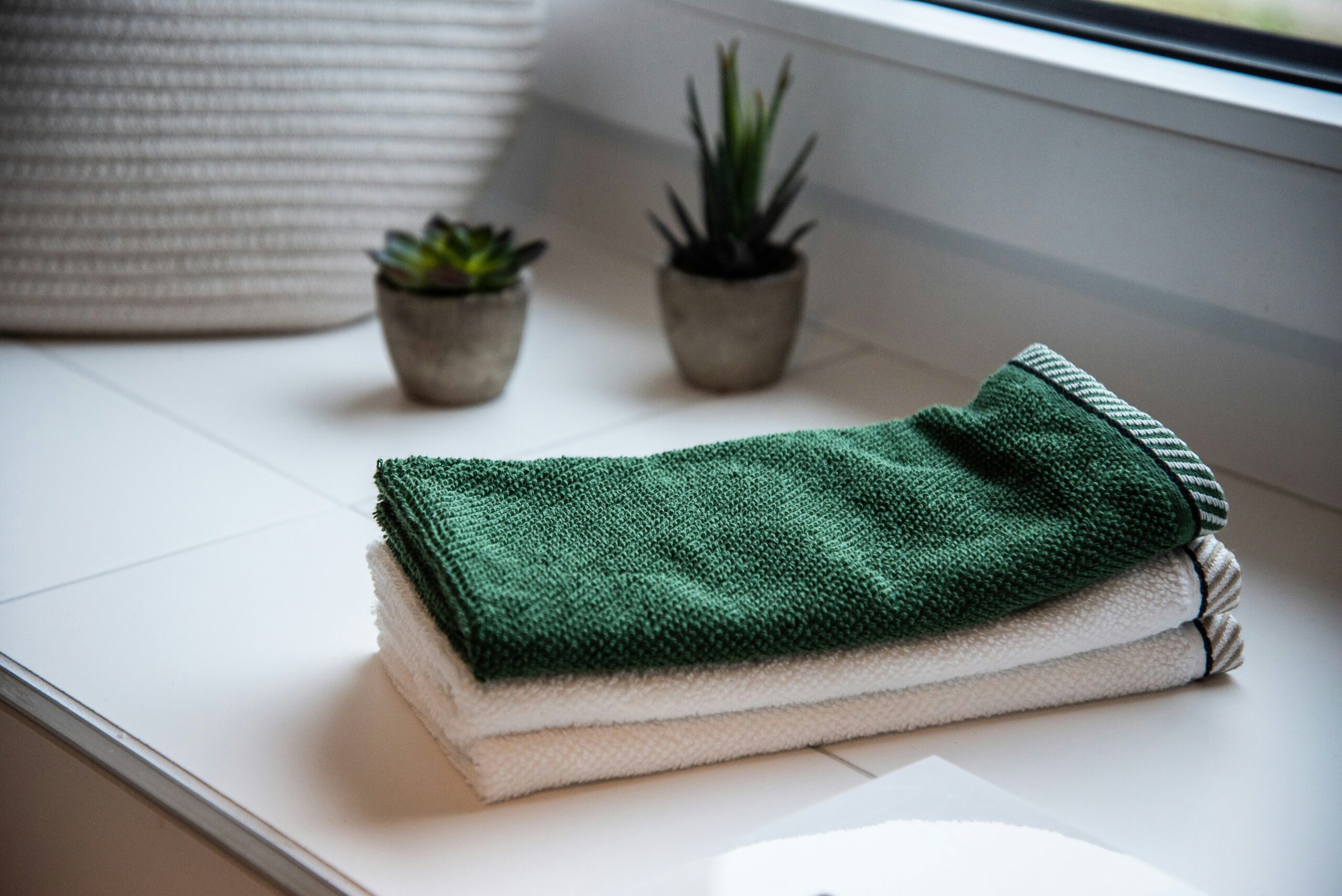
Jock Itch, also called tinea cruris in medical jargon, happens when fungi infect the skin around the groin, inside thighs, and buttocks. Many variants of fungi can cause this; one common kind is Trichophyton rubrum, which chooses to grow in warm and damp areas. When symptoms show up, the skin turns red and feels itchy. The rash starts to emerge, and there is a burning feeling; if the situation accelerates, blisters or sores can develop on the skin.
Jock Itch conventionally happens, mainly in athletes and males![]() , because of reasons like sweating a lot, tight clothes wearing, and not enough airflow. While it is not directly perilous to wellness, it can considerably affect people's quality of day-to-day life. It may contribute to more matters like bacterial infections or skin harm if no treatment is given.
, because of reasons like sweating a lot, tight clothes wearing, and not enough airflow. While it is not directly perilous to wellness, it can considerably affect people's quality of day-to-day life. It may contribute to more matters like bacterial infections or skin harm if no treatment is given.
Commonly, an entity uses antifungal creams you can buy without a prescription to treat this, keeps clean very well, and alters some daily styles. If the dilemma is critical or comes back over and over, getting medicine with a doctor's prescription might be needed. Prompt diagnosis and treatment are crucial to prevent complications and ensure a swift recovery.
Jock Itch can pass from body to body by touching skin or using things that have the infection on them. To halt this, it's key to keep clean, wear clothes that are not tight, and not use stuff that belongs to other people. Individuals with fragile immune systems or preexisting skin conditions should seek medical attention promptly.
Although Jock Itch usually doesn't need medical attention soon; people should see medical staff if the symptoms get worse, continue after trying treatments or happen together with other health problems. Starting treatment dynamically and taking steps to dodge it is essential for controlling Jock Itch well and keeping skin in an excellent condition.
Table of Contents
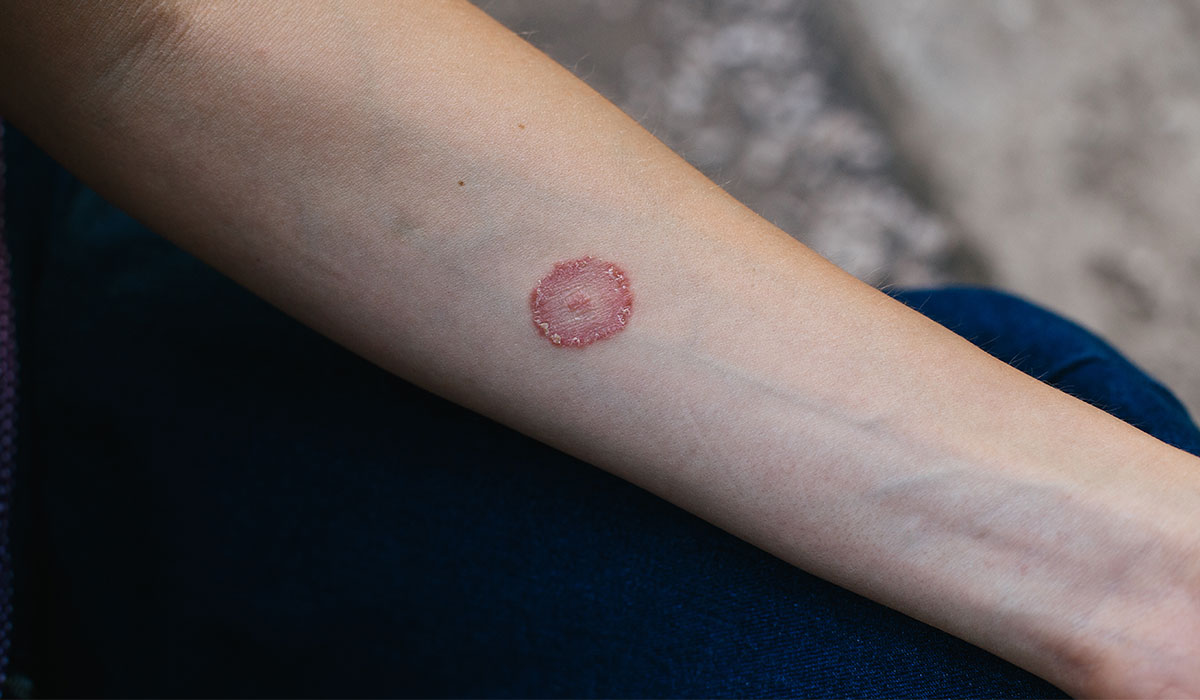
Even though the name suggests otherwise, ringworm is not a worm but an infection of fungal origin. A characteristic symptom… read more »
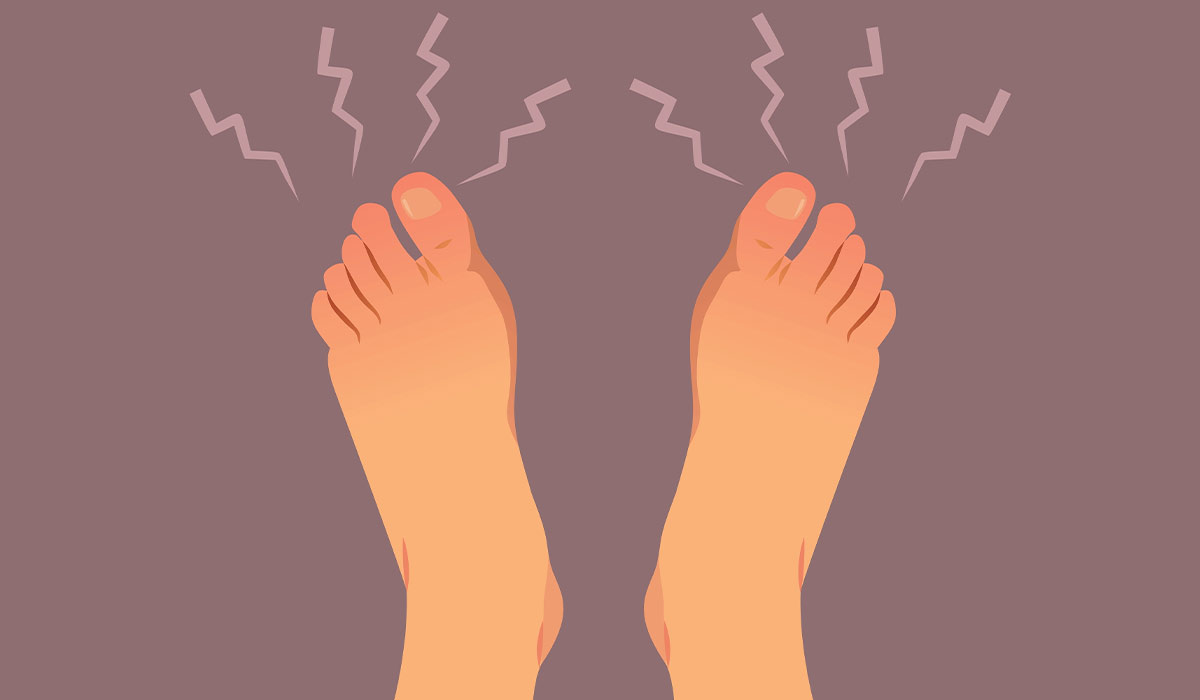
An athlete's foot, or tinea pedis, is an infection of fungal origin that affects the feet. It is usually mild… read more »
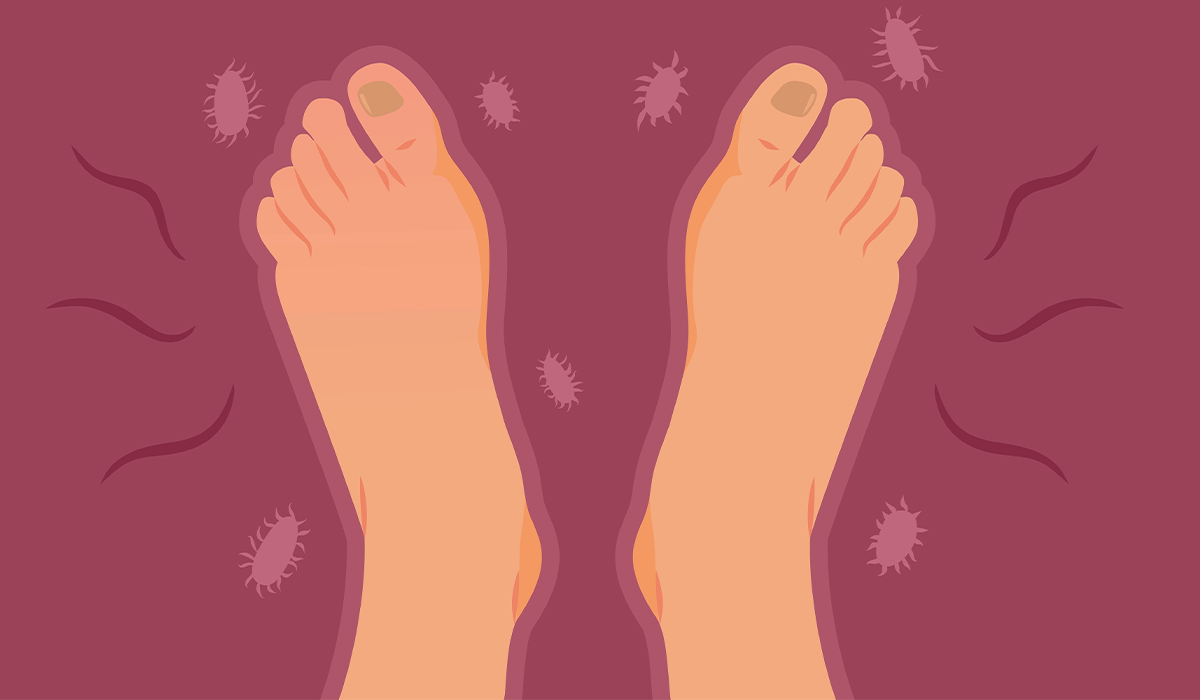
Toenail fungus, scientifically named Onychomycosis, is a common ailment that changes the appearance of toenails. Ordinarily, it turns typical and… read more »
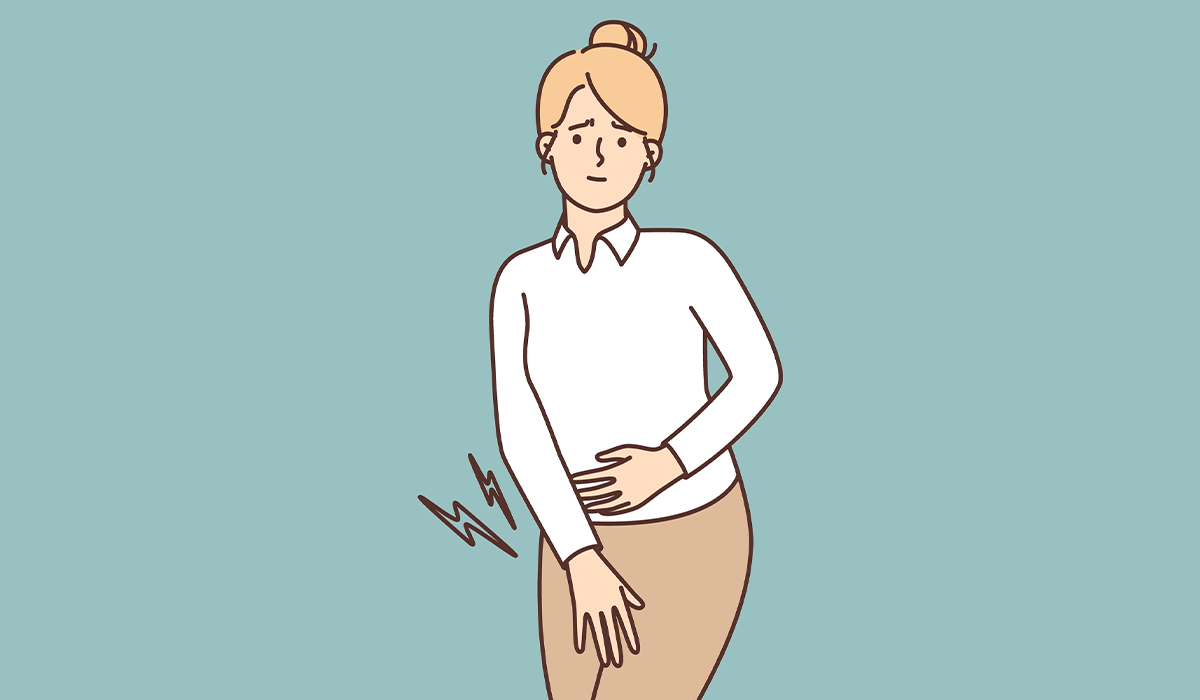
Groin Pain, which is where the belly and thighs come together, which individuals call the groin range, is a confounding… read more »
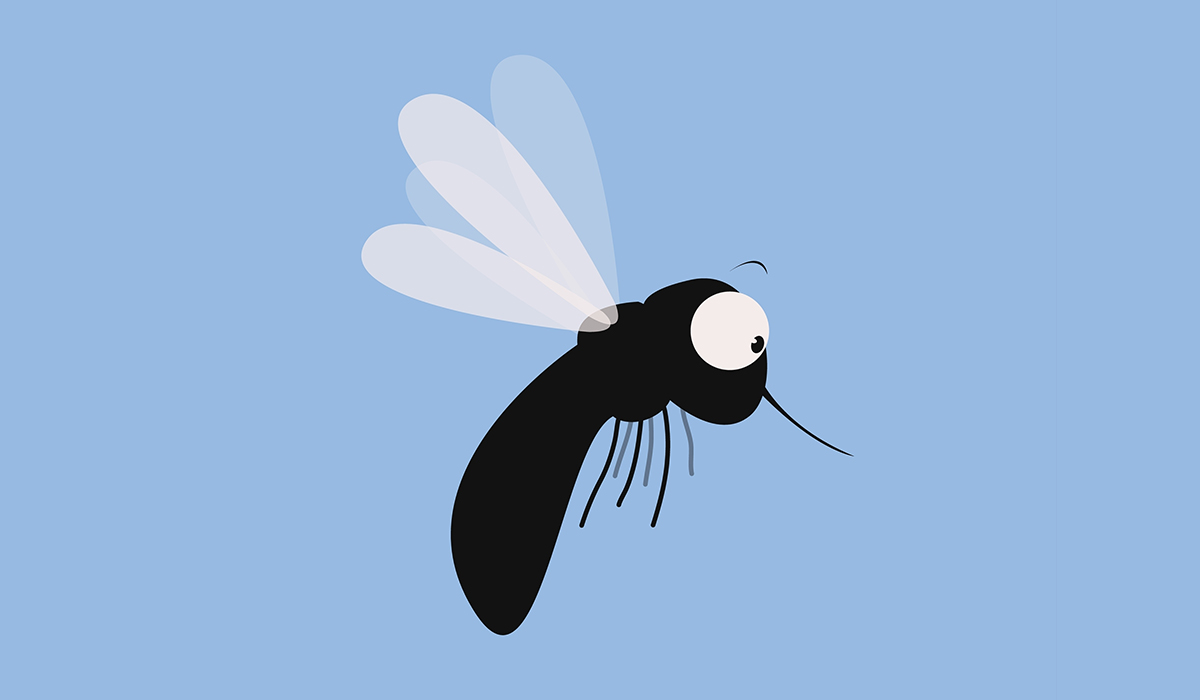
Gnats are tiny flying insects in the Diptera group, which includes flies and mosquitoes. They have fragile appearances, small bodies,… read more »
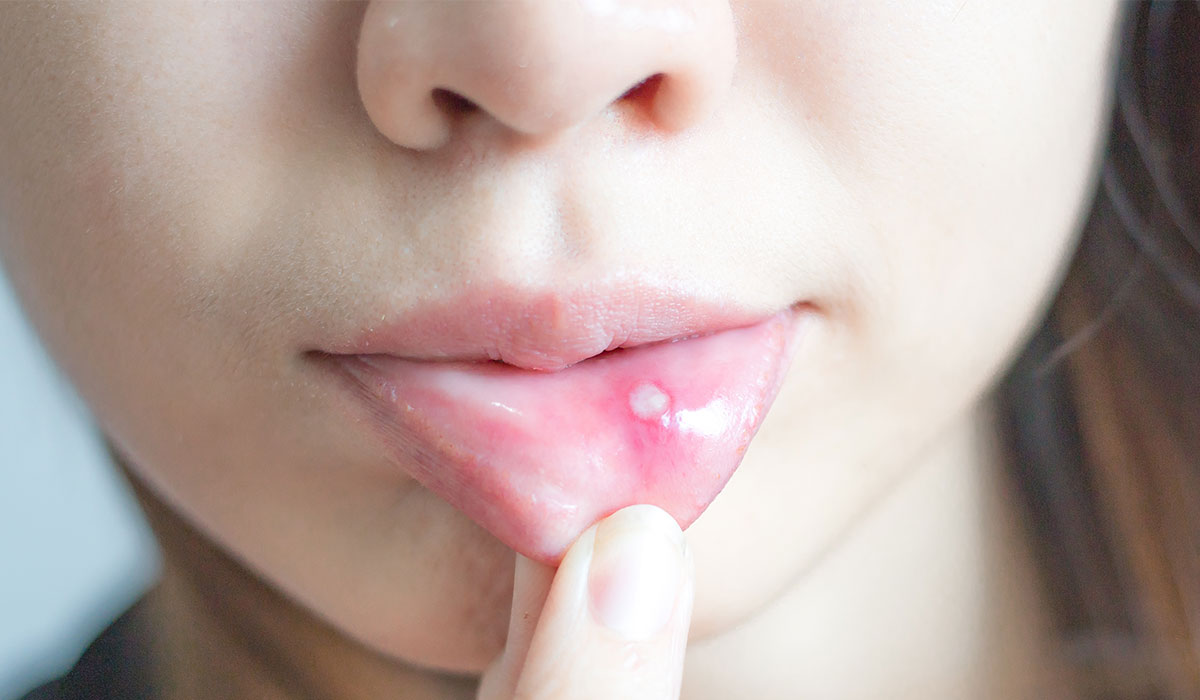
Also known as oral candidiasis, oral thrush is an infection caused by the fungus Candida albicans. The fungus is a… read more »
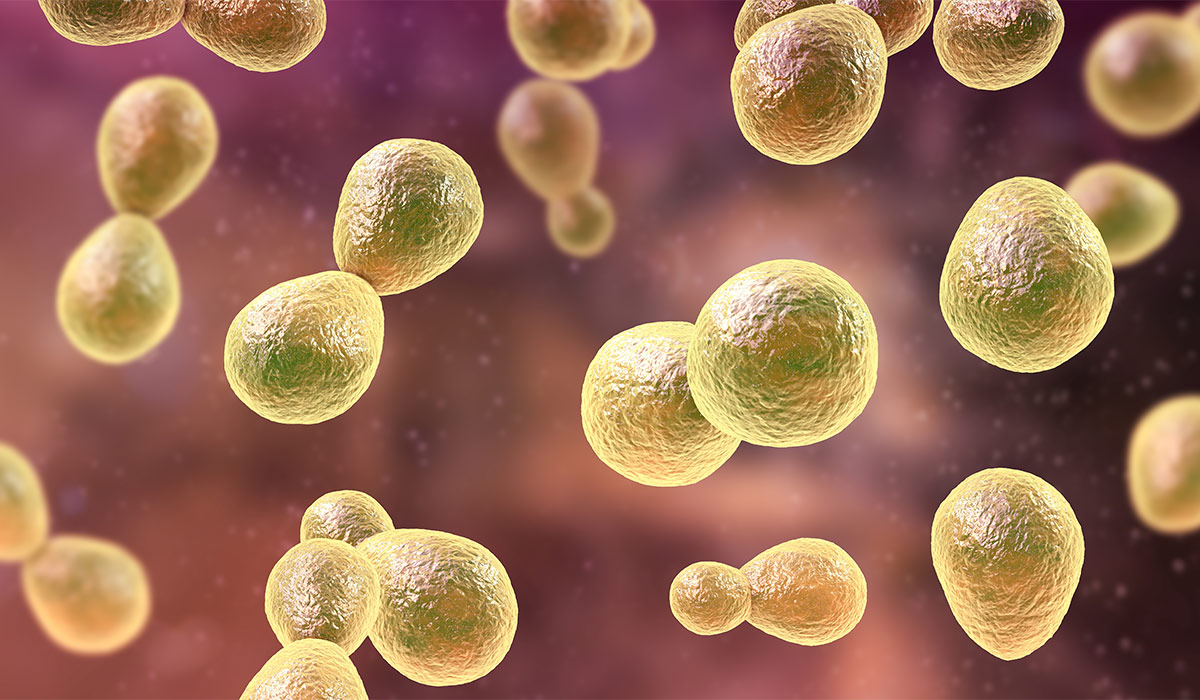
Histoplasmosis is a disease caused by fungi. For some people it can be very dangerous. Find out the warning signs… read more »
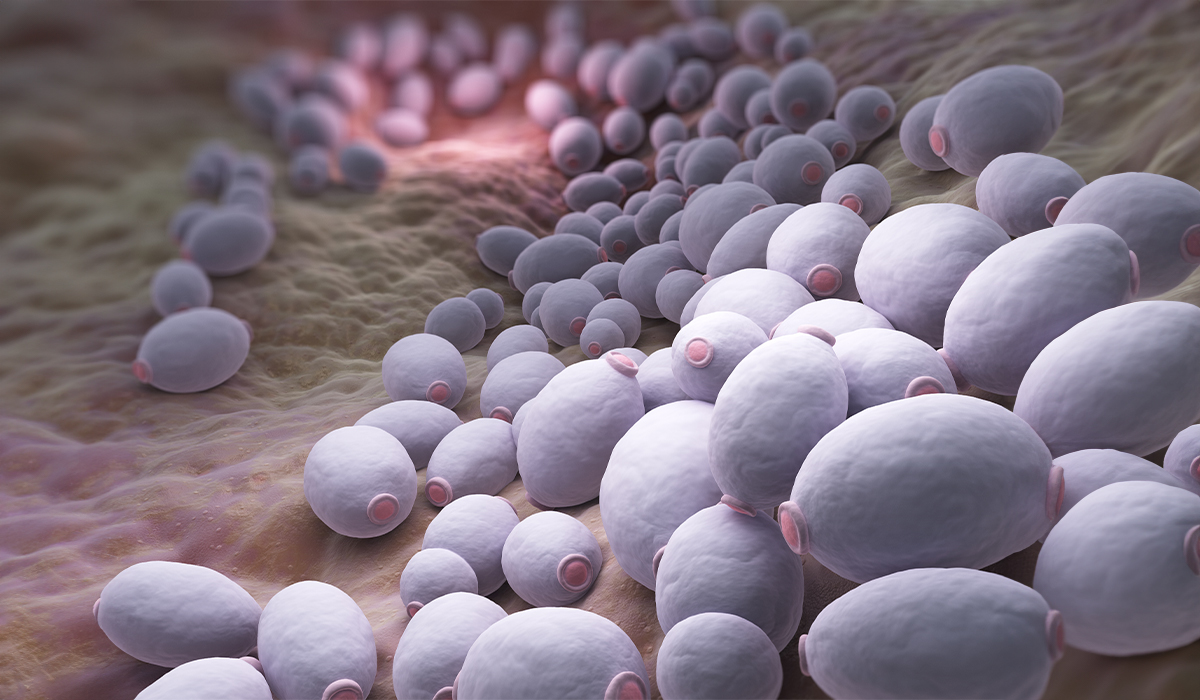
Candidiasis are common. It can affect different parts of the body. Find out more about yeast infection. Discover the best… read more »
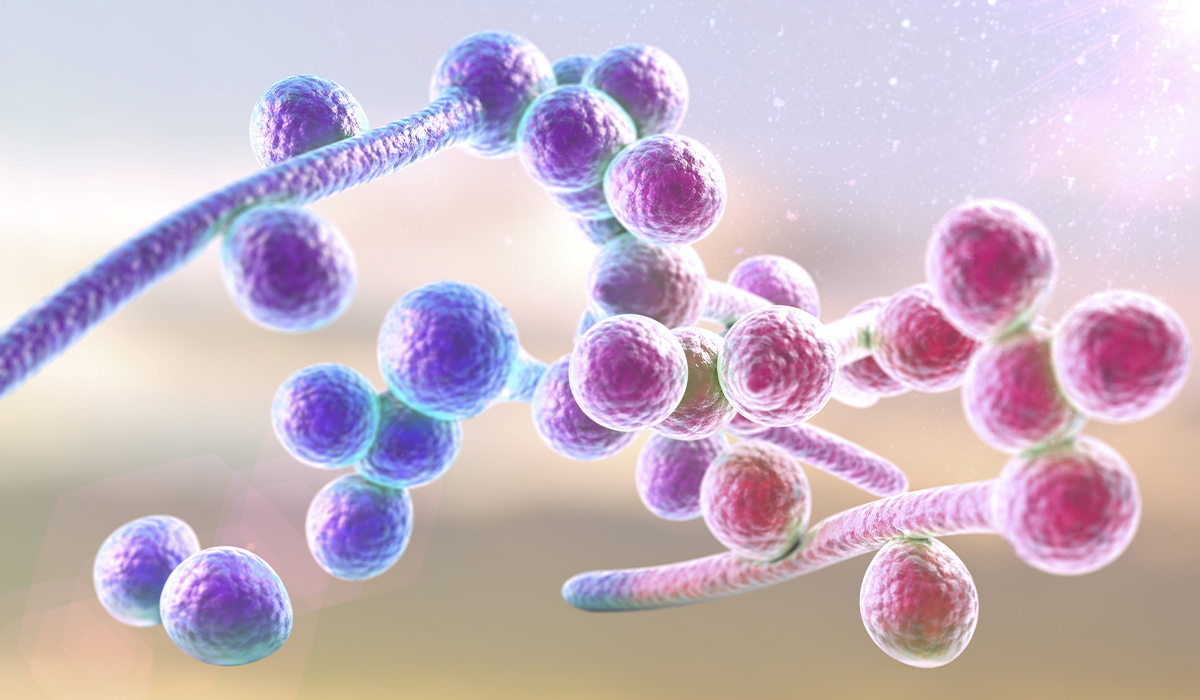
Candida is a type of yeast that is naturally present in the human body. When is it dangerous? What health… read more »